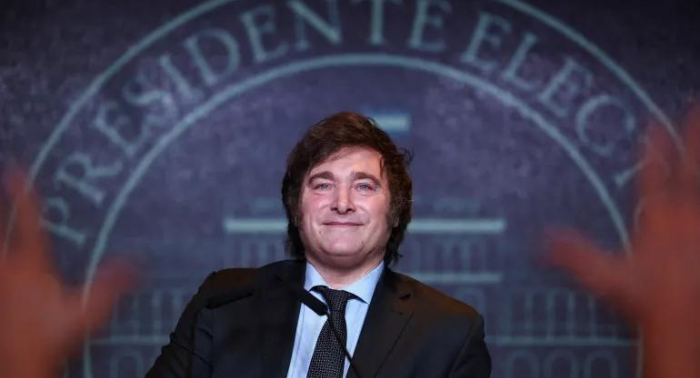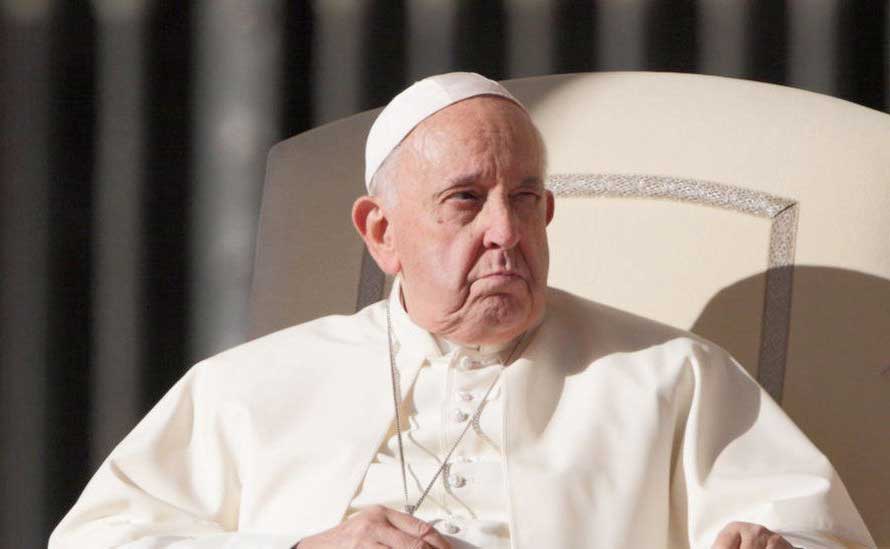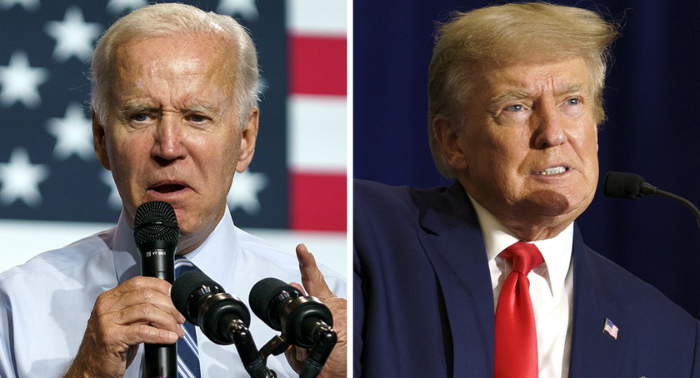In Argentina’s recent presidential runoff, Economy Minister Sergio Massa acknowledged his defeat to populist candidate Javier Milei even before the formal release of the election results by the country’s electoral authority.
Massa extended congratulations to Milei, a right-wing economist known for his plans to overhaul several national institutions and his frequent comparisons to former U.S. President Donald Trump.
Following Massa’s concession, the Argentine electoral authority announced preliminary results showing Milei leading with 55.95% of the vote, compared to Massa’s 44.04%, based on 86.6% of votes counted.
Milei’s ascent to power signals a rightward shift in Argentina amidst growing frustration over escalating inflation and increasing poverty rates. As a newcomer to politics, Milei, who identifies as an anarcho-capitalist, first gained popularity as a television pundit criticizing the political establishment.
Under Massa’s tenure, inflation rates have exceeded 140%, exacerbating poverty. Milei has proposed drastic government reductions and measures to curb inflation, while Massa warned of the potential negative consequences of such policies. The election presented a challenging choice for many voters, caught between two contrasting options.
Milei’s message found a strong resonance among Argentines struggling financially, particularly among young men. Esteban Medina, a 26-year-old physical therapist, expressed his economic struggles at a Milei rally, highlighting the daily challenge of making ends meet.
Despite being a key figure in an unpopular government, Massa gained momentum through his effective mobilization of the Peronist party, securing a significant lead in the first round. His campaign focused on the potential risks of Milei’s plans to dismantle critical government ministries, highlighting concerns for public services like health and education. Massa also questioned Milei’s aggressive style and mental stability, noting his theatrical use of a chainsaw at rallies.
Voter concerns about Milei’s governance style were echoed by Jenifer Pio, a 36-year-old homemaker, who expressed apprehensions about a potential authoritarian shift under Milei’s leadership.
Ana Iparraguirre, a partner at GBAO Strategies, observed that Massa’s path to victory hinged on framing the election as a referendum on Milei’s suitability for presidency.
Acknowledging the start of a new chapter in Argentina, Massa emphasized the need for dialogue and consensus to guide the nation forward.
Milei, on his part, accused Massa and his allies of employing fear tactics during the campaign. He moderated some of his more controversial positions, such as gun control, in his final campaign advertisement, reassuring voters about not privatizing education or healthcare.
Entrepreneur María Gabriela Gaviola, struggling with her veterinary products business amidst rising costs, voiced her support for Milei, driven by the desire for change and dissatisfaction with the current government.
Despite pre-election polls showing a close race, the outcome hinged on the choices of voters who supported other candidates in the first round. Patricia Bullrich, who finished third, endorsed Milei.
The campaign’s divisiveness was evident in public reactions to Milei, ranging from disapproval to support, as well as in the confrontations encountered by his running mate, Victoria Villaruel, over her controversial statements.
Amidst allegations of electoral fraud by Milei, reminiscent of claims by Trump and former Brazilian President Jair Bolsonaro, concerns about voting integrity were widespread among his supporters.
This election’s contentious nature highlighted deep divisions within Argentine society, with voters grappling with the choice between two vastly different political visions.




